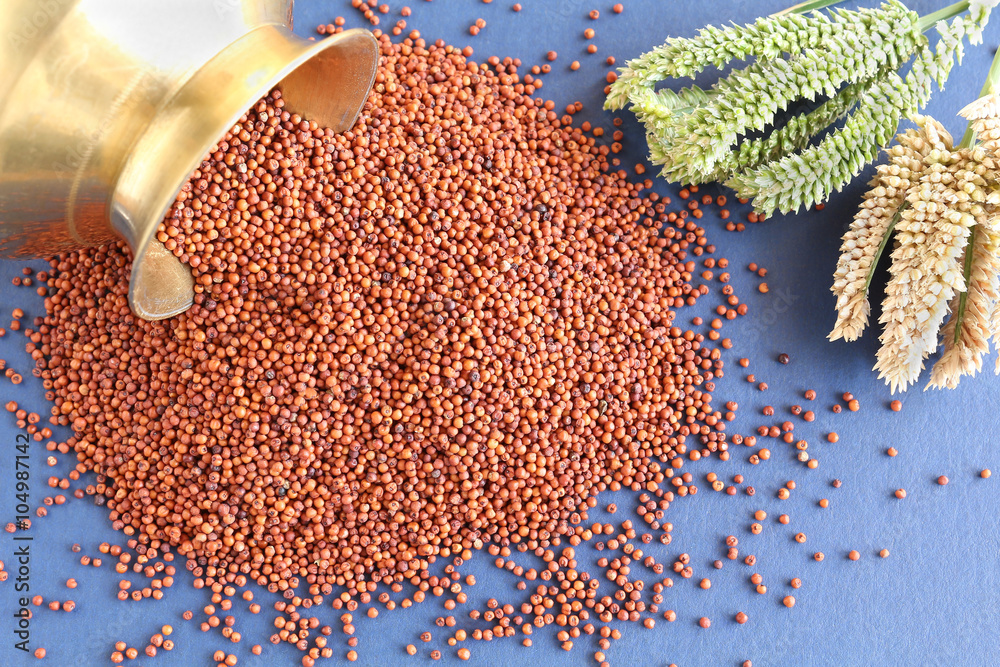In the bustling realm of nutrition, few nutrients hold as much importance as Vitamin B12. This indispensable micronutrient plays a pivotal role in various bodily functions, ranging from nerve health to red blood cell production. As we delve deeper into the realm of wellness, understanding the significance of Vitamin B12 becomes paramount.
What is Vitamin B12?
Vitamin B12, often dubbed cobalamin, stands out as a crucial member of the B-vitamin family. It’s water-soluble, meaning our bodies don’t store excess amounts, emphasizing the necessity of consistent dietary intake. This vitamin primarily aids in the formation of DNA and red blood cells, ensuring optimal cellular function. Additionally, it plays a vital role in maintaining neurological health, supporting cognitive function and nerve integrity.
Sources of Vitamin B12
Obtaining an ample supply of Vitamin B12 is essential for sustaining vitality and overall well-being. While it naturally occurs in animal products like meat, fish, and dairy, plant-based sources are limited, making it challenging for vegans and vegetarians to meet their B12 requirements. However, fortified foods such as breakfast cereals, plant-based milk alternatives, and nutritional yeast offer viable options for those following a plant-based diet. Supplementation may also be necessary for individuals at risk of deficiency, ensuring they meet their daily B12 needs.
The Importance of Vitamin B12 for Health
The significance of Vitamin B12 cannot be overstated when it comes to maintaining optimal health. From supporting energy metabolism to promoting a healthy nervous system, its impact reverberates throughout the body. Deficiency in Vitamin B12 can manifest in various ways, ranging from fatigue and weakness to neurological symptoms such as numbness and tingling. Long-term deficiency may lead to irreversible nerve damage and even cognitive impairment, underscoring the critical need for adequate B12 intake.
Vitamin B12 Deficiency: Recognizing the Signs
Recognizing the signs of Vitamin B12 deficiency is crucial for timely intervention and prevention of potential complications. Symptoms may include fatigue, weakness, pale skin, and shortness of breath, reflecting its role in red blood cell production and oxygen transport. Additionally, neurological manifestations such as tingling sensations, difficulty walking, and memory problems may indicate underlying deficiency, highlighting the diverse impact of inadequate B12 levels on overall health.
Vitamin B12 and Mental Well-being
Beyond its physical benefits, Vitamin B12 also influences mental well-being and cognitive function. Studies have linked B12 deficiency to an increased risk of mood disorders such as depression and anxiety, emphasizing its role in maintaining mental health. Adequate B12 levels support neurotransmitter synthesis and regulation, contributing to stable mood and cognitive clarity. Thus, prioritizing B12 intake through diet or supplementation is essential for promoting both physical and mental vitality.
Meeting Your Vitamin B12 Needs
Ensuring sufficient intake of Vitamin B12 is imperative for fostering vitality and preventing deficiency-related complications. Incorporating B12-rich foods into your diet, such as lean meats, fish, eggs, and dairy, is key for meeting daily requirements. For those following a plant-based diet, fortified foods and supplements offer viable alternatives to bridge the nutrient gap. Regular monitoring of B12 levels, particularly for at-risk individuals, allows for timely intervention and adjustment of dietary or supplementation strategies as needed.
Vitamin B12 Supplementation: A Vital Tool
In cases where dietary sources alone may not suffice, Vitamin B12 supplementation emerges as a vital tool for addressing deficiency and supporting overall health. Supplements come in various forms, including oral tablets, sublingual lozenges, and injections, catering to individual preferences and needs. Consulting with a healthcare professional can help determine the appropriate dosage and form of supplementation based on factors such as age, health status, and dietary habits, ensuring optimal efficacy and safety.
Conclusion: Nurturing Vitality with Vitamin B12
As we navigate the intricate landscape of nutrition and wellness, Vitamin B12 stands as a beacon of vitality and resilience. From its pivotal role in energy metabolism to its profound impact on neurological health, its influence permeates every aspect of our well-being. By prioritizing B12-rich foods, considering supplementation when necessary, and remaining vigilant for signs of deficiency, we empower ourselves to thrive and flourish, embracing the transformative power of this remarkable micronutrient. Embrace the essence of vitality with Vitamin B12, nurturing your body, mind, and spirit for a life of boundless energy and well-being.
Remember, your journey towards optimal health begins with a single step – and Vitamin B12 is your steadfast companion along the way.



